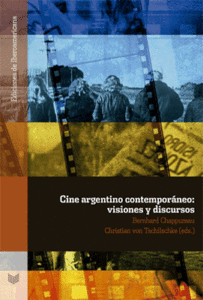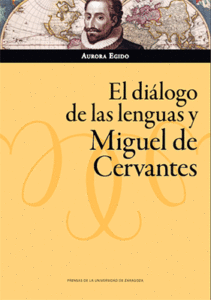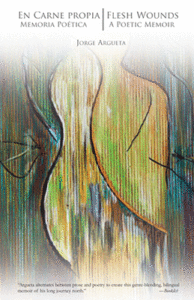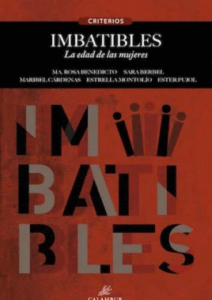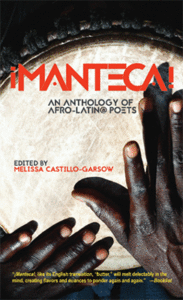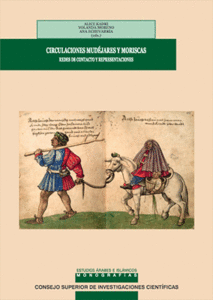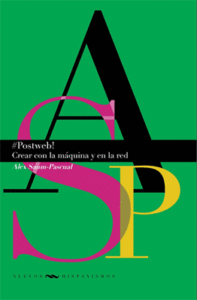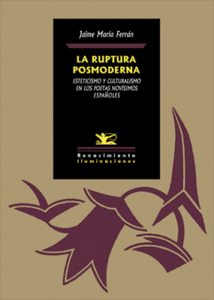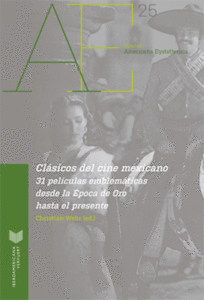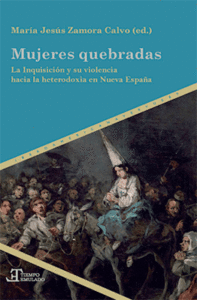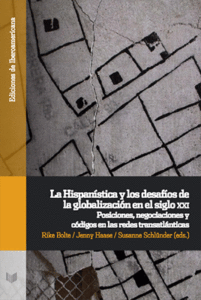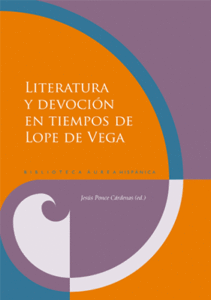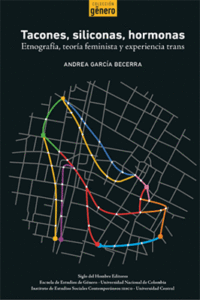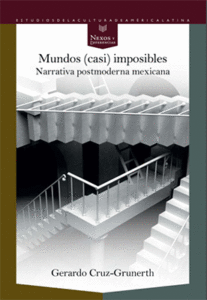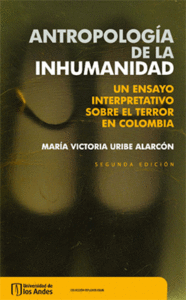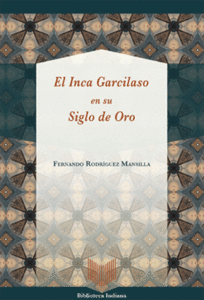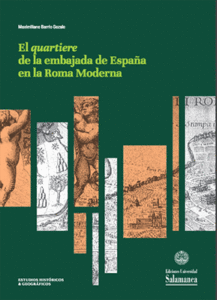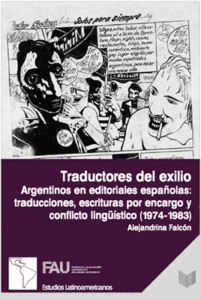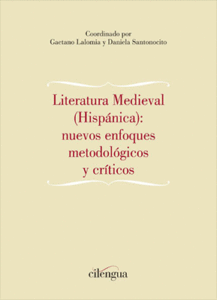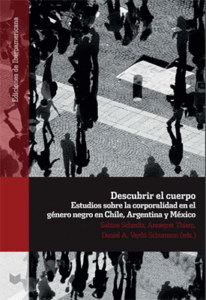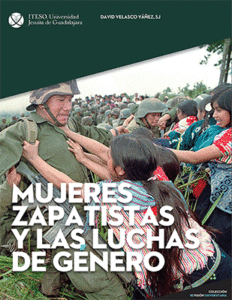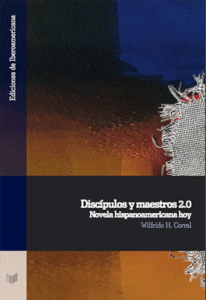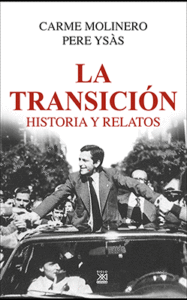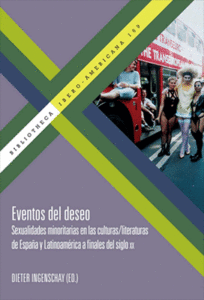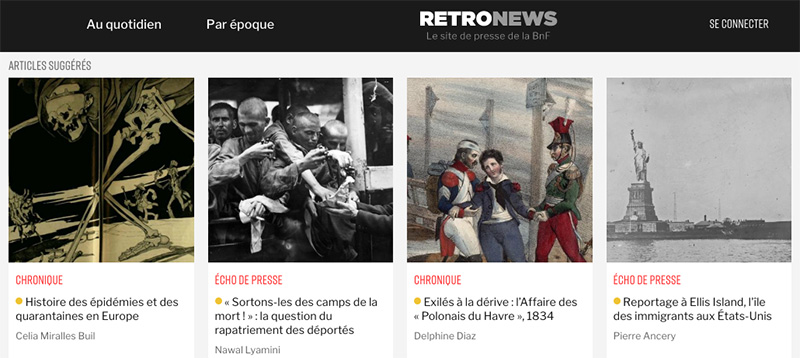Romance Language Collections
Some new Italian ebooks
While our print material is still in quarantine, here’s a short list of recently acquired ebooks from Italy. All are available for reading and downloading through Torrossa — Casalini Libri’s full text digital platform.
a cura di Cristiano Giometti, Donatella Pegazzano
Paola Luciani
Associazione Historica Lucense
a cura di Giovanna Ioli
Giorgio La Pira, Fioretta Mazzei
Iliano Caprari
a cura di Anna Rita Fantoni
Adriana Valerio
Manrico Bissi
Daniele Maria Pegorari
Franz Blei; a cura di Lorenza Rega
a cura di Giovanna Torre
See also:
- Read at Home: July in OverDrive
- Romance Languages – Online Resources & more
- Italian Studies Library Research Guide
Listening to Afrique
Without African aesthetics and ingenuity, the collective culture of the world would not be what it is today. This selection of ebooks from independent publisher Éditions L’Harmattan provides a glimpse of the richness of creative expression in Francophone Africa in particular. It has been compiled in memory of the lives of George Floyd, Ahmaud Arbery, Adama Traoré and others of African ancestry everywhere who have endured centuries of systematic and institutionalized racism and violence.
Les vies noires comptent!
See also:
- Online library exhibition Négritude : Sharing spaces in the Caribbean and Latin America
- Art History: Social justice and anti-racism library resources
- African Studies: Online Resources
- African American Studies: Collection
25 days left to check out RetroNews!
Il s’appelle Pierre Loutrel mais on le connaît sous le nom de « Pierrot-le-fou ». Ce criminel violent, passé de la « Gestapo française » à la Résistance, restera dans les mémoires comme le chef d’un redoutable gang français de l’après-Seconde Guerre, les Tractions Avant.
Écho de Presse le 19/05/2020 par Michele Pedinielli
~~~~~~~~~~~~~~~~~~~~~~~~~~~~~~~~~~~~~~~~~~~
Since April 15, the UC Berkeley academic community has had access to a 60-day trial of RetroNews. While much of this historical French language news collection is freely available through Gallica, the advanced functionality and added content is only available to subscribers. An initiative of BnF-Partenariats, which is a subsidiary of the Bibliothèque nationale de France (BnF), RetroNews aims to increase the digitization of its paper press collections which are increasingly at risk of serious damage over time. To explore all of its features, it is necessary to create an account (s’inscrire) after authenticating with your CalNet ID.
RetroNews, a unique digital resource for research and education
RetroNews, which is the French national library’s platform dedicated to historical printed press, offers a vast online archive of French and francophone periodicals. The collection features over 600 newspapers, journals, magazines and reviews, published between 1631 and 1950: the most important titles of the daily press (Le Petit Parisien, Le Journal, Le Matin) but also periodicals of the political spectrum, regional publications and satirical magazines.
Please create a free account, experiment with the resource and send your feedback and comments before June 15, 2020 to Claude Potts [cpotts AT berkeley DOT edu].
Romanian
The Languages of Berkeley: An Online Exhibition
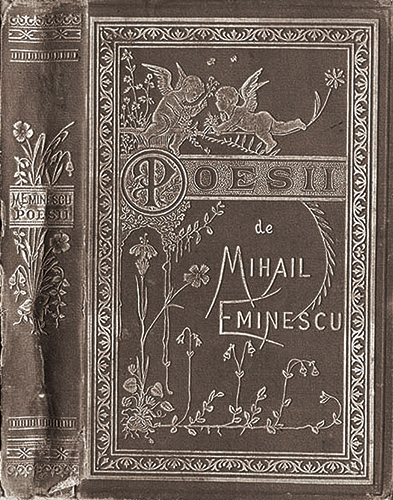
Mihail Eminescu, pseudonym of Mihail Eminovici, (1850-1889), was a poet who transformed both the form and content of Romanian poetry, creating a school of poetry that strongly influenced Romanian writers and poets in the late 19th and early 20th centuries. Eminescu was educated in the Germano-Romanian cultural centre of Cernăuţi (now Chernovtsy, Ukraine) and at the universities of Vienna and Berlin, where he was influenced by German philosophy and Western literature. In 1874, he was appointed school inspector and librarian at the University of Iaşi but soon resigned to take up the post of editor in chief of the conservative paper Timpul. His literary activity came to an end in 1883, when he suffered the onset of a mental disorder that led to his death in an asylum.
Eminescu’s talent was first revealed in 1870 by two poems published in Convorbiri literare, the organ of the Junimea society in Iaşi. Other poems followed, and he became recognized as the foremost modern Romanian poet. Mystically inclined and of a melancholy disposition, he lived in the glory of the Romanian medieval past and in folklore, on which he based one of his outstanding poems, “Luceafărul” (1883; “The Evening Star”). Eminescu’s poetry has a distinctive simplicity of language, a masterly handling of rhyme and verse form, a profundity of thought, and a plasticity of expression which affected nearly every Romanian writer of his own period and after. His poems have been translated into several languages, including an English translation in 1930, but chiefly into German. Among his prose writings, apart from many studies and essays, the best-known are the stories “Cezara” and “Sărmanul Dionis” (1872).[1]
Romanian, or Rumanian, is one of the Romance languages that is spoken in Eastern Europe, principally in Romania and the Republic of Moldova. It evolved in very different circumstances from its western sister languages such as Spanish and Italian, and was profoundly affected by the Orthodox Church, the Greek and Slavonic languages, and the Ottoman Empire. It has a lexical affinity with Old Church Slavonic.[2] For the latter half of the 20th century, UC Berkeley had a very active program in Romanian. The Russian-born Romance etymologist and philologist Yakov Malkiel, who taught at Berkeley for over 55 years, mentored students who specialized in Romanian linguistics. In 1947, he became founding editor of the prestigious journal Romance Philology which is still published today. ProQuest’s Dissertation & Theses lists more than 227 doctoral dissertations from UC Berkeley that are related in one way or another to Romania and the Romanian language.[3] However in light of funding cuts, Romanian has not been taught at Berkeley in over two years. Graduate students in the interdisciplinary Romance Languages and Literatures (RLL) program may choose Romanian as one of their languages.[4]
Contribution by Liladhar Pendse
Librarian for East European and Central Asian Studies, Doe Library
Sources consulted:
- “Mihail Eminescu: Romanian Poet” Encyclopedia Britannica Online. (accessed 5/1/20)
- Price, Glanville. Encyclopedia of the Languages of Europe. Oxford, UK: Blackwell, 1998.
- Proquest Dissertations & Theses (accessed 5/1/20)
- Romance Languages and Literatures, UC Berkeley (accessed 5/1/20)
- Cimpoi, Mihai (coord.), 2020, Eminescu—Opere (vol. I-VIII), Editura Gunivas.On the matter of the assassination and those involved:
- Lepuş, Miruna, 2021, Dosarele de interdicţie ale lui Mihai Eminescu, Editura Cartex.
- Barbu, Constantin, 2008, Codul invers, Editura Sitech.
- Georgescu, Nicolae, 2014, Boala şi moartea lui Eminescu, Editura Floare Albastră.
- Georgescu, Nicolae, 2011, Eminescu: ultima zi la Timpul, Editura ASE.
- Vuia, Ovidiu, 1997, Despre boala şi moartea lui Mihai Eminescu—studiu patografic, Editura Făt-Frumos.
On the matter of the birthdate:
- Marin, I.D., 1979, Eminescu la Ipoteşti, Editura Junimea.
- Ştefanelli, Teodor V., 1983, Amintiri despre Eminescu, Editura Junimea.
~~~~~~~~~~
Title: Poezii complecte
Title in English: Complete Poems
Author: Eminescu, Mihai, 1850-1889.
Imprint: Iași, Editura librărieĭ frațiĭ Șaraga [188-?].
Edition: n/a
Language: Romanian
Language Family: Indo-European, Romance
Source: HathiTrust Digital Library (Harvard University)
URL: https://catalog.hathitrust.org/Record/100545314
Select print editions at Berkeley:
- Poezii / M. Eminescu ; antologie, prefață și tabel cronologic de George Gană ; ilustrați de Dumitru Verdeș. București : Editura Minerva, 1999.
- Poezii / M. Eminescu ; ediție critică de D. Murărașu. București : Editura Minerva, 1982. v.1-3
The Languages of Berkeley is a dynamic online sequential exhibition celebrating the diversity of languages that have advanced research, teaching and learning at the University of California, Berkeley. It is made possible with support from the UC Berkeley Library and is co-sponsored by the Berkeley Language Center (BLC).
Follow The Languages of Berkeley!
Subscribe by email
Contact/Feedback
ucblib.link/languages
New ebooks from Digitalia Hispánica
For the most current and relevant publications from Latin America and Spain, ebooks are not always the first format choice, however we continue to build up the Library’s digital holding as funding permits. In light of the current COVID-19 pandemic, collaboration among librarians has taken on a new dimension as we work together to provide access to digital and digitized library resources like never before.
With joint support from the Arts & Humanities and Social Sciences divisions this year, we selected 550 ebooks on a broad range of topics and disciplines in early January of this year. Part of an annual collaboration over the past three years, these digital monographs are brought to us from one of Spain’s most important vendors for ebooks—Digitalia Hispánica. Below we’ve highlighted a few of these newly acquired ebooks from publishers like Arte Público Press, CSIC, Fondo de Cultura Económica, Iberoamericana Vervuert, LOM, Páginas de Espuma, Renacimiento and more.
To browse the entire list of more than 2,600 Digitalia ebooks in Berkeley’s collection, search OskiCat by the handle “Digitalia e-books.”
Liladhar Pendse, Librarian for Caribbean and Latin America Studies Collections
Claude Potts, Librarian for Romance Language Collections
Alain Trouvé
60-day trial access to RetroNews
Beginning today, the UC Berkeley academic community will have access to a 60-day trial of RetroNews. While much of this historical French language news collection is freely available through Gallica, the advanced functionality and added content is only available to subscribers. An initiative of BnF-Partenariats, which is a subsidiary of the Bibliothèque nationale de France (BnF), RetroNews aims to increase the digitization of its paper press collections which are increasingly at risk of serious damage over time. To explore all of its features, it is necessary to create an account (s’inscrire) after authenticating with your CalNet ID.
RetroNews, a unique digital resource for research and education
RetroNews, which is the French national library’s platform dedicated to historical printed press, offers a vast online archive of French and francophone periodicals. The collection features over 600 newspapers, journals, magazines and reviews, published between 1631 and 1950: the most important titles of the daily press (Le Petit Parisien, Le Journal, Le Matin) but also periodicals of the political spectrum, regional publications and satirical magazines.
Every month, RetroNews enriches its archive with new exclusive titles in order to gather a large plurality of sources covering all of France, including its former territories, from the first newspapers up until the 20th century. In addition RetroNews offers introductory notes on its periodicals, daily editorial content and advanced research capabilities.
Leading-edge tools designed for academic research
All titles have been processed by optical character recognition (OCR) and semantic analysis, allowing highly targeted search queries. Search by date, typology, periodicity, word frequency or apply complex content filtering (topics, events, persons, organizations, locations) and watch your results pop up in the blink of an eye. The streamlined document viewer offers multiple features speeding up the research workflow, like highlighting of named entities, download, page annotation and more. The advanced features and tools are summarized in detail here.
An editorial offer by a team of journalists and scholars
Every day, articles, documentary series, video and audio content retrace historic events and their reception by the contemporary press. Embracing the methodology of public history, RetroNews offers not only a panoramic overview of the history of the press but also various starting points (by topics, by periods) that allow a large audience to discover the rich cultural heritage brought forth through the mediatization of historic periodicals.
Some reviews and further information:
- Qui sommes-nous? Basic questions about RetroNews
- The Press Collection of the French National Library (Bibliothèque Nationale de France)
- RetroNews: History Witnessed Through the Press Collections of the BnF
Please create a free account, experiment with the resource and send your feedback and comments before June 15, 2020 to Claude Potts [cpotts AT berkeley DOT edu].
See also:
HathiTrust to the Rescue

“Our shelves are closed, but as long as your screens are open,
you’ll have access to most of our resources.”
UC Berkeley students, faculty, and staff are able to take advantage of HathiTrust’s Emergency Temporary Access Service, which provides access to digital versions of millions of the physical volumes held by libraries across the 10-campus University of California system — plus UC’s two expansive off-site library storage facilities. For Berkeley faculty, students, and staff, this opens up a trove of materials,” said Associate University Librarian Salwa Ismail, who worked with HathiTrust to bring the service to fruition for Berkeley. Access the resources by going to the HathiTrust Digital Library. You can view the materials from anywhere with an internet connection — no VPN or special setup is required. This was first announced publicly via the Library’s news story “Need a book from the UC Berkeley Library while we are sheltering in place? Check here first.” For more information, read HathiTrust’s guide and FAQ.
Five helpful tips:
- Make sure you log in as a “partner institution” with your CalNet ID
- Before searching the catalog, select “full view only” checkbox at the top to retrieve only those works that are eligible for reading
- Click “temporary access” to check out the digitized work for one hour at a time (renewable)
- Only one user may check out a book at a time (or one user per each copy of the book we hold)
- Use the “return early” button to make it available for another user
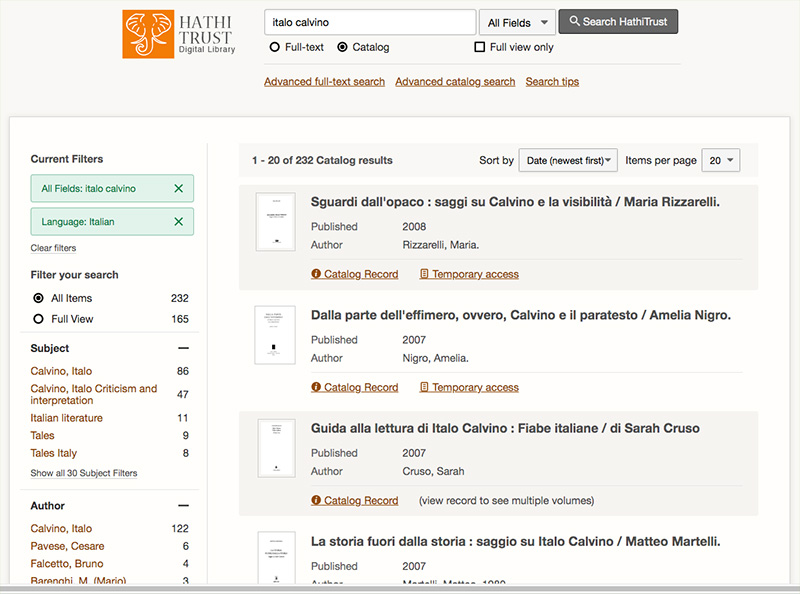
Founded in 2008, HathiTrust is a not-for-profit collaborative of academic and research libraries preserving 17+ million digitized items. HathiTrust offers reading access to the fullest extent allowable by U.S. copyright law, computational access to the entire corpus for scholarly research, and other emerging services based on the combined collection. HathiTrust members steward the collection — the largest set of digitized books managed by academic and research libraries — under the aims of scholarly, not corporate, interests.
See also:
Romance Languages – Online Resources & more
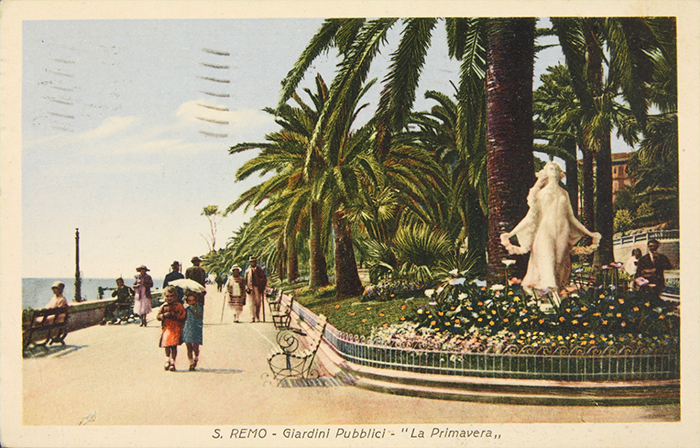
Even though the Library’s buildings have been closed through April 7 due to the coronavirus pandemic, faculty, students and staff can still access a wealth of resources online, and we are ramping up our outreach and remote services. The newly created guide Remote Resources for UC Berkeley Library Users provides an overview of resources available to you:
- Online resources
- Online help 24/7
- Librarian consultations and instruction
- Technology assistance
- Returning and renewing materials (due date for all items due between March 16 and May 31 is now June 1, 2020)
This blog post, which will be updated periodically, aims to highlight online resources for those doing research in the romance languages and literatures within the context of Southern European studies in particular. If you encounter resources of interest not listed please let me know and I’ll add them, especially if they are not included in the directory of library databases or existing library guides for French, Italian and Spanish & Portuguese. See also the e-resources guide for the Caribbean and Latin American Studies.
Book and journal requests are encouraged but the Library is limited to e-formats at this time. And please don’t forget that I remain available for research and reference assistance by email, telephone, chat via Google Hangouts, or Zoom.
Claude Potts
Librarian for Romance Language Collections
Ebooks
Most ebooks in English are acquired through packages with publishers such as Cambridge, JSTOR, Project Muse, ProQuest and are discoverable in OskiCat as well as Start My Search. Here are a few important European ebook platforms that can be explored directly (or individual ebooks encountered through OskiCat):
Cairn ebooks updated 3/26/20
Primarily a journal collection but UCB has has also purchased access to 568 ebooks through Cairn. During the closure, they are providing access to the full catalog of 10,174 ebooks, the Que sais-je? series and also some popular magazines.
Classiques Garnier Numérique
During the COVID-19 crisis, this publisher is generously providing access to digital versions of books we’ve purchased in print, including collections such as Classiques Jaunes, Littérature française, Littératures francophones and more.
Digitalia
Collection of Spanish and Catalan e-books published in Latin America and Spain. To date, the UCB Library has purchased more than 2,700+ titles. To preview the complete list search OskiCat for “Digitalia e-Books UCB access.”
DOAB ![]()
The Directory of Open Access Books is an initiative to increase the discoverability of open access books. Currently, it includes 27,592 academic peer-reviewed books from 377 publishers.
L’Harmathèque
Digital platform for Éditions L’Harmattan which is the largest publisher of French-language ebooks. Search OskiCat for “Harmathèque eBooks” to discover the 1041 titles acquired by the Library.
HathiTrust Emergency Temporary Access Service added 4/3/20 
Current UC Berkeley faculty, staff, and students will be able to take advantage of HathiTrust’s Emergency Temporary Access Service, helping the Library continue to serve its mission even during the COVID-19 pandemic. The service provides view-only access to digital versions of millions of the physical volumes held by libraries across the 10-campus UC system — plus NRLF and SRLF. For more information, read HathiTrust’s guide and FAQ on the Emergency Temporary Access Service.
Humanities E-Book Project (formerly History E-Books Project)
Access to the full text of 5,400 frequently-cited academic books in humanities. (ACLS History E-Books Project – HEB) [1920s – present]
Internet Archive’s National Emergency Library added 3/24/20
A collection of nearly a million and a half digitized books, most still under copyright, in all languages are being made publicly available through June 30, 2020. Up to 10 books at a time can be checked out with the creation of a free account.
OpenEdition Books ![]() updated 3/26/20
updated 3/26/20
A French open access interdisciplinary humanities and social sciences portal with four complementary platforms: OpenEdition Books (ebooks), OpenEdition Journals (scholarly journals), Calenda (academic announcements), and Hypothèses (research blogs). While most of the 9,463 ebooks are available in html, UCB has purchased freemium access to 4,751 ebooks that are now discoverable in OskiCat through the handle “OpenEdition Books.” Purchased titles have been optimized specifically for e-readers, tablets, and smart phones (ePub, PDF, etc.). 700 new titles were recently purchased and freemium access should be turned on by April however during the period of confinement, most books will be available in all formats.
REDIB (Red Iberoamericana de Innovación y Conocimiento Científico) ![]()
A platform for the aggregation of open scientific and academic content in the electronic format produced in the Ibero-American context. Currently 3,199 journals and 852 ebooks.
Torrossa
Casalini Libri’s full text digital platform provides access to 3,161 ebooks, 530 conference proceedings, and 141 journals by major Italian publishers.
Journals
Cairn
The most comprehensive collection of French-language journals in the humanities and social sciences available online. Full text to more than 500 peer-reviewed academic French and Belgian journals, as well as citations for open-access journals, in the humanities and social sciences. [2001 – present]
Dialnet ![]()
Indexes articles, conference papers, book chapters, dissertations and other documents in the social sciences and the humanities published mostly in Spain and to a lesser extent in Latin America. Full text provided to open access content. [2001 – present]
Fabrizio Serra Journals
Collection of more than 50 Italian scholarly journals primarily covering literature, literary criticism, philology, and linguistics. [start dates vary by title; most begin in 2000].
OpenEdition Journals ![]()
Formerly Revues.org is part of OpenEdition, a comprehensive digital publishing infrastructure whose objective is to promote research in the humanities and social sciences. The open access scholarly journal collection includes 534 mostly French but also English, Italian and Spanish titles in the humanities and social sciences. [1999-]
Persée ![]()
Free and open access to French scholarly journals in the sciences, social sciences, and humanities as well as to books, conference proceedings, serial publications, primary sources, etc.
RACO: Revistes Catalanes amb Acces Obert ![]() added 3/24/20
added 3/24/20
A cooperative open access repository of 506 full text scholarly journals.
REDIB (Red Iberoamericana de Innovación y Conocimiento Científico) ![]()
A platform for the aggregation of scientific and academic content in the electronic format produced in the Ibero-American context. Currently 3199 journals and 433 ebooks published by CSIC.
Torrossa
Casalini Libri’s full text digital platform provides access to 3161 ebooks, 530 conference proceedings, and 141 journals by major Italian publishers including Fabrizio Serra Editore.
Digital libraries and other online collections
- Biblioteca Digital Hispánica (BNE)
- Biblioteca Nacional de Portugal (BN)
- Biblioteca de Catalunya
- DART-Europe E-theses Portal
- e-Helvetica (Swiss National Library)
- Center for Research Libraries (CRL)
- Europeana
- Gallica (BnF)
- HathiTrust Digital Library
- Internet Culturale (Biblioteca digitale italiana)
Database Trials
RetroNews added 4/15/20
The UC Berkeley academic community will have access to a 60-day trial of RetroNews. While much of this historical French language news collection is freely available through Gallica, the advanced functionality and added content is only available to subscribers. The collection features over 600 newspapers, journals, magazines and reviews, published between 1631 and 1950: the most important titles of the daily press (Le Petit Parisien, Le Journal, Le Matin) but also periodicals of the political spectrum, regional publications and satirical magazines. Every day, articles, documentary series, video and audio content retrace historic events and their reception by the contemporary press.
French
The Languages of Berkeley: An Online Exhibition

Si c’est ici le meilleur des mondes possibles, que sont donc les autres?
If this is the best of all possible worlds, what are the others like?
— Voltaire, Candide, ou, l’Optimisme (trans. Burton Raffel)
Voltaire, né François-Marie Arouet (1694-1778), was a French philosopher who mobilized the power of Enlightenment principles in 18th-century Europe more than any other thinker of his day. Born into a prosperous bourgeois Parisian family, his father steered him toward law, but he was intent on a literary career. His tragedy Oedipe, which premiered at the Comédie Française in 1718, brought him instant financial and social success. A libertine and a polemicist, he was also an outspoken advocate for religious tolerance, pluralism and freedom of speech, publishing more than 2,000 works in all possible genres during his lifetime. For his bluntness, he was locked up in the Bastille twice and exiled from Paris three times.[1] Fleeing royal censors, Voltaire fled to London in 1727 where he, despite arriving penniless, spent two and a half years hobnobbing with nobility as well as writers such as Alexander Pope and Jonathan Swift.[2]
After his sojourn in Great Britain, he returned to the Continent and lived in numerous cities (Champagne, Versaille, Amsterdam, Potsdam, Berlin, etc.) before settling outside of Geneva in 1755 shortly after Louis XV banned him from Paris. “It was in his old age, during the 1760s and 1770s,” writes historian Robert Darnton, “that he wielded his second and most powerful weapon, moral passion.”[3] Early in 1759, Voltaire completed and published the satirical novella Candide, ou l’Optimisme (“Candide, or Optimism”) featured in this entry. In 1762, he published Traité sur la tolerance (“Treatise on Tolerance”), which is considered one of the greatest defenses of religious freedom and human rights ever composed. Soon after its publication, the American and French Revolutions began dismantling the social world of aristocrats and kings that we now refer to as the Ancien Régime.[4]
With Candide in particular, Voltaire is credited with pioneering what is called the conte philosophique, or philosophical tale. Knowing it would scandalize, the story was published anonymously in Geneva, Paris and Amsterdam simultaneously and disguised as a French translation by a fictitious Mr. Le Docteur Ralph. The novella was immediately condemned for its blasphemy and subversion, yet within weeks sold 6,000 copies within Paris alone.[5] Royal censors were unable to keep up with the proliferation of illegal reprints, and it quickly became a bestseller throughout Europe.
Swift’s Gulliver’s Travels (1726) is considered one of its clearest precursors in both form and parody. Candide is the name of the naive hero who is tutored by the optimistic philosophy of Pangloss, who claims that “all is for the best in this best of all possible worlds” only to be expulsed in the first few pages from the opulent chateau in which he grew up. The story unfolds as Candide travels the world and encounters unimaginable human suffering and catastrophes. Voltaire’s satirical critique takes aim at religion, authority, and the prevailing philosophy of the time, Leibnizian optimism.
While the classical language of Candide is more than 260 years old, it is easy enough to comprehend today. As the lingua franca across the Continent, French was accessible to a vast French-reading public since gathering strength as a literary language since the 16th century.[6] However, no language stays the same forever and French is no exception. Old French, which is studied by medievalists at Berkeley, covers the period up to 1300. Middle French spans the 14th and 14th centuries and part of the early Renaissance when the study of French language was taken more seriously. Modern French emerged from one of the two major dialects known as langue d’oïl in the middle of the 17th century when efforts to standardize the language were taking shape. It was then that the Académie Française was established in 1635.[7] One of its members, Claude Favre de Vaugelas, published in 1647 the influential volume, Remarques sur la langue françoise, a series of commentaries on points of pronunciation, orthography, vocabulary and syntax.[8]
At UC Berkeley, scholars have been analyzing Candide and other French texts in the original since the university’s founding. The Department of French may have the largest concentration of French speakers on campus, and French remains like German, Spanish, and English one of the principal languages of scholarship in many disciplines. Demand for French publications is great from departments and programs such as African Studies, Anthropology, Art History, Comparative Literature, History, Linguistics, Middle Eastern Studies, Music, Near Eastern Studies, Philosophy, and Political Science. The French collection is also vital to interdisciplinary Designated Emphasis PhD programs in Critical Theory, Film & Media Studies, Folklore, Gender & Women’s Studies, Medieval Studies, and Renaissance & Early Modern Studies.
UC Berkeley’s Bancroft Library is home to the most precious French holdings, including medieval manuscripts such as La chanson de geste de Garin le Loherain (13th c.) and dozens of incunables. More than 90 original first editions by Voltaire can be located in these special collections, including La Henriade (1728), Mémoires secrets pour servir à l’histoire de Perse (1745) Maupertuisiana (1753), L’enfant prodigue: comédie en vers dissillabes (1753) and a Dutch printing of Candide, ou, l’Optimisme (1759). Other noteworthy material from the 18th century overlapping with Voltaire include the Swiss Enlightenment and the French Revolutionary Pamphlet collections.
Contribution by Claude Potts
Librarian for Romance Language Collections, Doe Library
Sources consulted:
- Davidson, Ian. Voltaire. New York: Pegasus Books, 2010. xviii
- Ibid.
- Darnton, Robert. “To Deal With Trump, Look to Voltaire,” New York Times (Dec. 27, 2018).
- Voltaire. Candide or Optimism. Translated by Burton Raffel. New Haven: Yale University Press, 2005.
- Davidson, 291.
- Levi, Anthony. Guide to French Literature. Chicago: St. James Press, c1992-c1994.
- Kors, Alan Charles, ed. Encyclopedia of the Enlightenment. Oxford University Press, 2002.
- Ibid.
~~~~~~~~~~
Title: Candide, ou L’optimisme (Manuscrit La Vallière)
Title in English: Candide, ou L’optimisme (La Vallière Manuscript)
Author: Voltaire, 1694-1778
Imprint: La Vallière (Louis-César, duc de). Ancien possesseur, 1758.
Edition: 1st edition
Language: French
Language Family: Indo-European, Romance
Source: Gallica (Bibliothèque nationale de France, Bibliothèque de l’Arsenal, 3160)
URL: https://gallica.bnf.fr/ark:/12148/btv1b520001724
Other online editions:
- Candide, ou l’Optimisme , traduit de l’allemand de M. le docteur Ralph. Paris: Lambert, 1759. (Gallica)
- Candide, ou l’Optimisme. Première Partie 1. Édition revue, corrigée et augmentée par l’auteur. Aux Delices, 1763.(Gallica)
- Candide, ou l’Optimisme, traduit de l’allemand de M. le docteur Ralph. Seconde partie. Aux Delices, 1761. (Gallica)
- Candide ou L’optimisme. Préface de Francisque Sarcey; illustrations de Adrien Moreau. Paris: G. Boudet, 1893. (Gallica)
- Candide, ou, L’optimisme. Illustré de trente-six compositions dessinées et gravées sur bois par Gérard Cochet. Paris: Les Editions G. Crès et Cie, 1921. (HathiTrust)
- Candide, or Optimism. Translated into English by Burton Raffel. New Haven: Yale University Press, 2005. (ebrary-UCB access only)
- Candide / Voltaire. [United States]: Tantor Audio: Made available through hoopla, 2006. ebook and audiobook (OverDrive-UCB access only)
Select print editions at Berkeley:
- Candide, ou, l’Optimisme / traduit de l’allemand de Mr. le docteur Ralph. Amsterdam: Marc-Michel Rey, MDCCLIX [1759].
- Candide, ou, L’optimisme. Édition présentée, établie et annotée par Frédéric Deloffre. Paris: Gallimard, 2003.
- Candide. [Graphic novel] Interventions graphiques de Joann Sfar. Rosny: Éditions Bréal, 2003.
- Candide, or Optimism. Translated and edited by Theo Cuffe with an introduction by Michael Wood. New York : Penguin Books, 2005.
- Candide, ou L’optimiste. [Graphic novel] Scénario, Gorian Delpâture & Michel Dufranne; dessin, Vujadin Radovanovic; couleur, Christophe Araldi & Xavier Basset. Paris: Delcourt, 2013.
- Candide or, Optimism: The Robert M. Adams Translation, Backgrounds, Criticism. Edited by Nicholas Cronk. New York : W. W. Norton & Company, 2016.
The Languages of Berkeley is a dynamic online sequential exhibition celebrating the diversity of languages that have advanced research, teaching and learning at the University of California, Berkeley. It is made possible with support from the UC Berkeley Library and is co-sponsored by the Berkeley Language Center (BLC).
Follow The Languages of Berkeley!
Subscribe by email
Contact/Feedback
ucblib.link/languages
Give Big to Languages at Berkeley
The Languages of Berkeley: An Online Exhibition
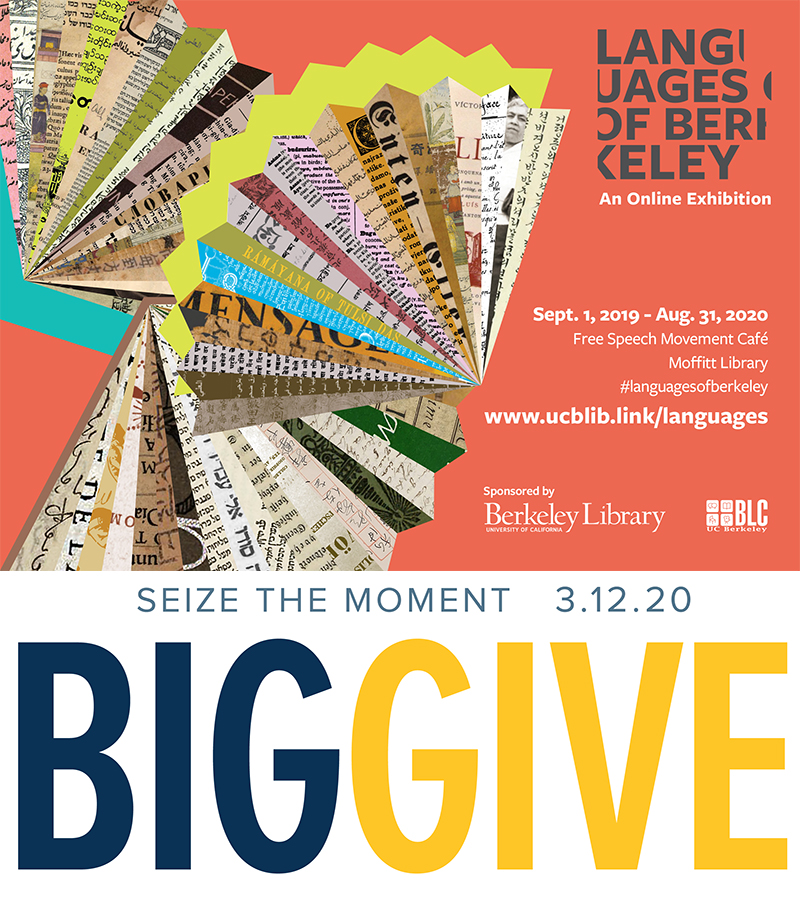 Support research, teaching, and learning of diverse non-English languages at UC Berkeley today. #CalBigGive
Support research, teaching, and learning of diverse non-English languages at UC Berkeley today. #CalBigGive
Art History/Classics Library Fund
University Library
East Asian Library Fund
University Library
South/Southeast Asian Library Fund
University Library
Library Collections Fund
University Library
Berkeley Language Center Fund
College of Letters & Science
Visit biggive.berkeley.edu for other library fundraising programs.
The Languages of Berkeley is a dynamic online sequential exhibition celebrating the diversity of languages that have advanced research, teaching and learning at the University of California, Berkeley. It is made possible with support from the UC Berkeley Library and is co-sponsored by the Berkeley Language Center (BLC).
Follow The Languages of Berkeley!
Subscribe by email
Contact/Feedback
http://ucblib.link/languages
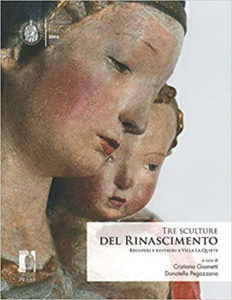
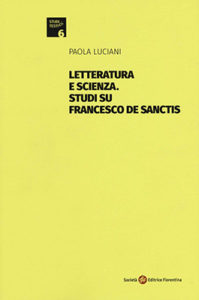
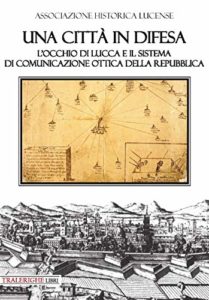
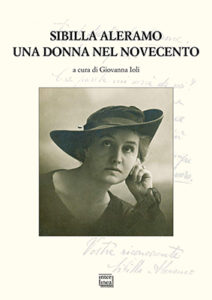
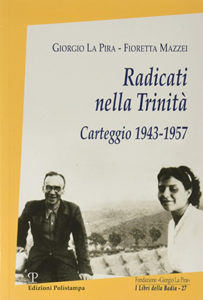
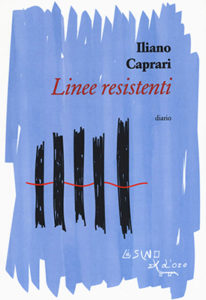
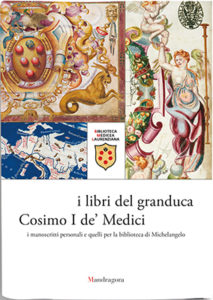
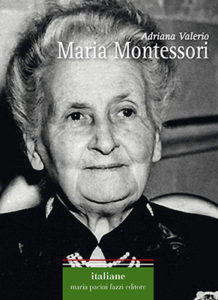
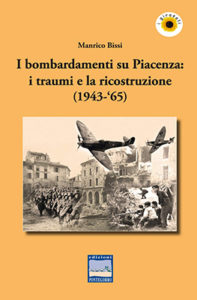
![Amleto, o, Lo specchio oscuro della modernità [electronic resource] : tre secoli di riscritture italiane, 1705-2019](https://update.lib.berkeley.edu/wp-content/uploads/2020/07/Una-Citta_-in-difesa2-213x300.jpg)
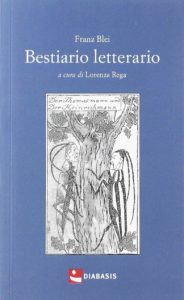
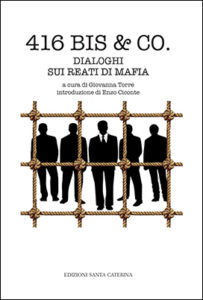
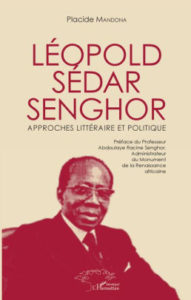
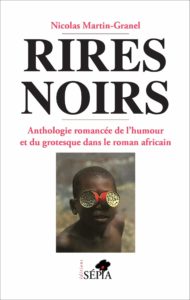
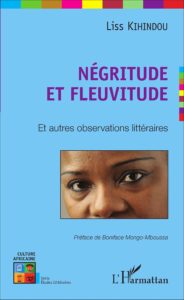
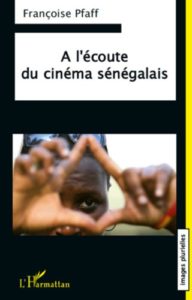
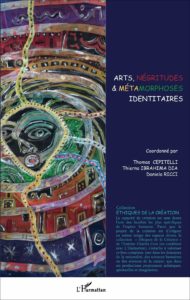
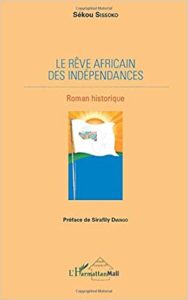
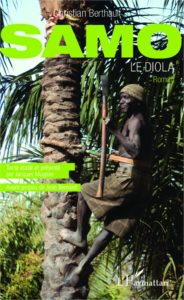
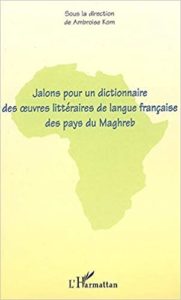


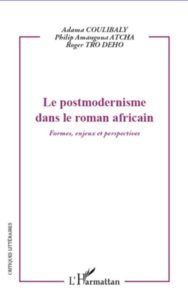
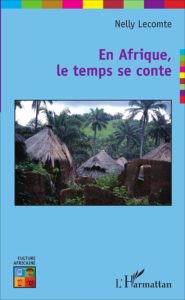
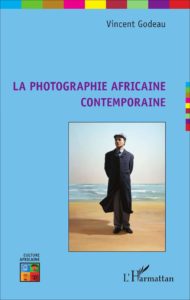
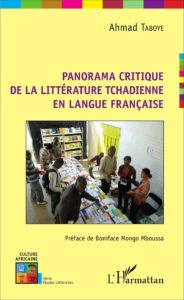
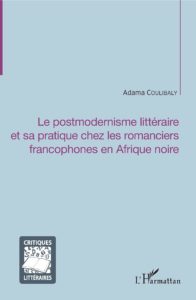
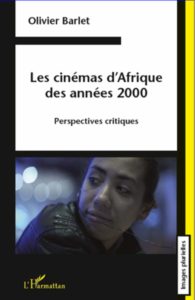
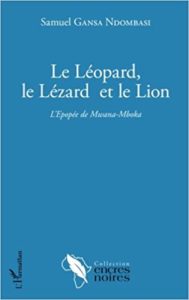
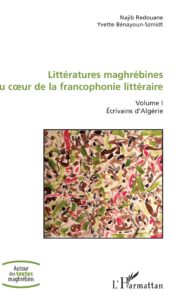
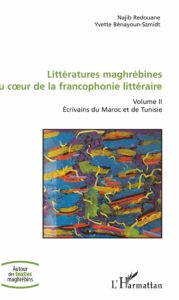
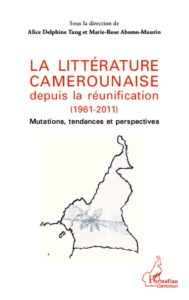

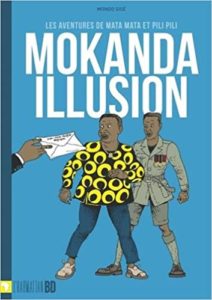
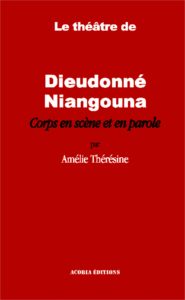
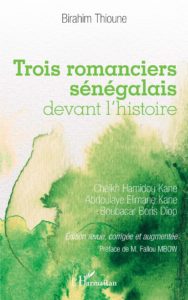
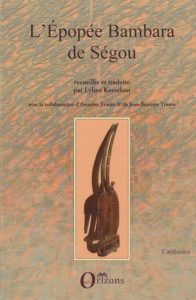
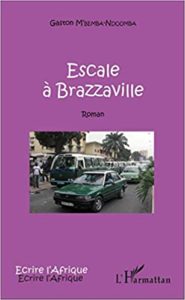
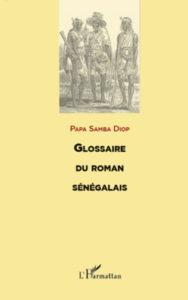
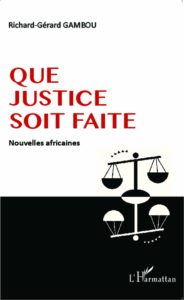
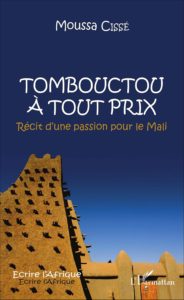

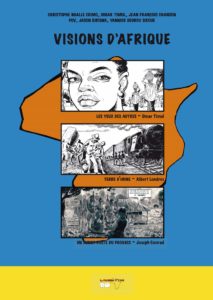
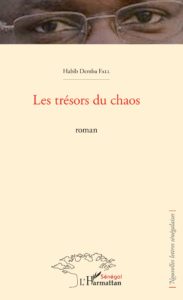
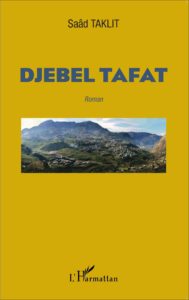
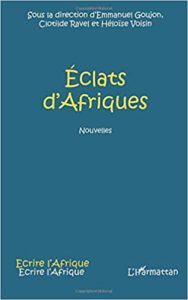
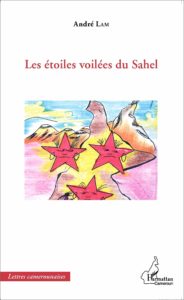
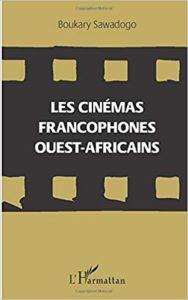
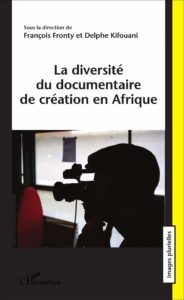
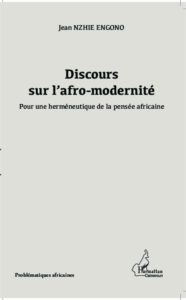
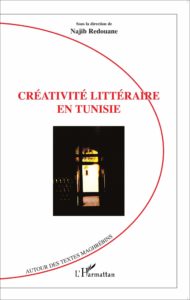
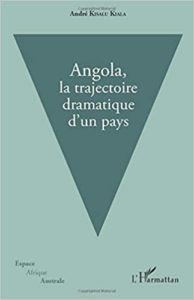
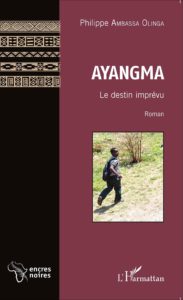
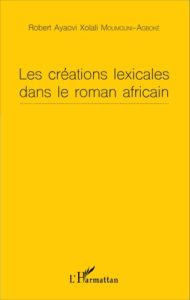
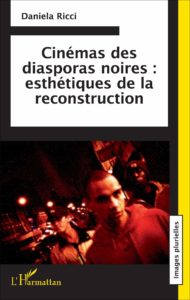
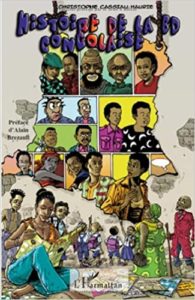
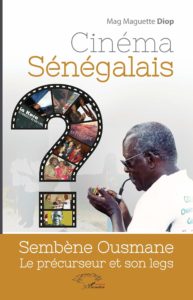
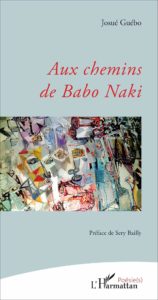
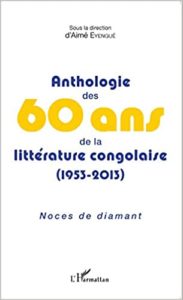
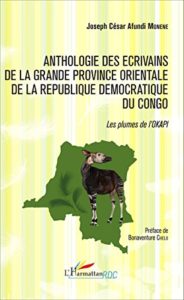
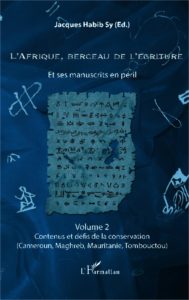
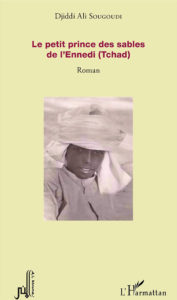
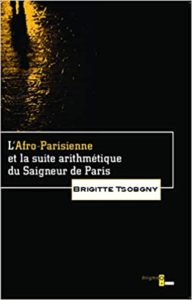
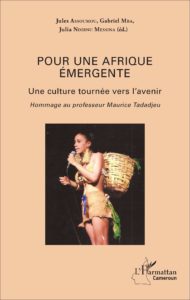
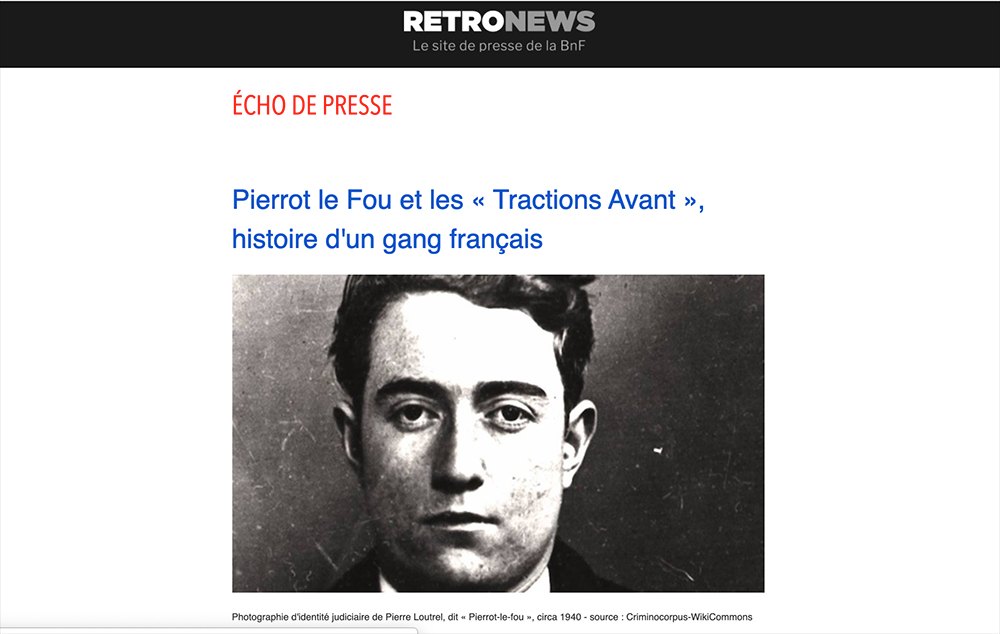
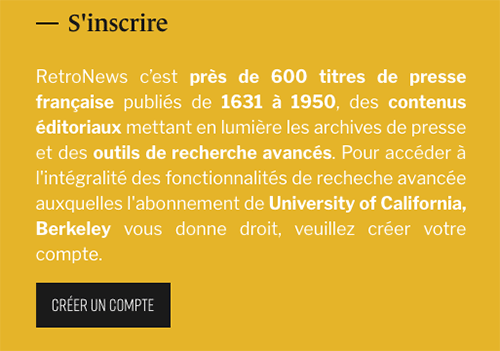
![The Languages of Berkeley [fan]](https://update.lib.berkeley.edu/wp-content/uploads/2019/02/fan_languages-450px.jpg)
